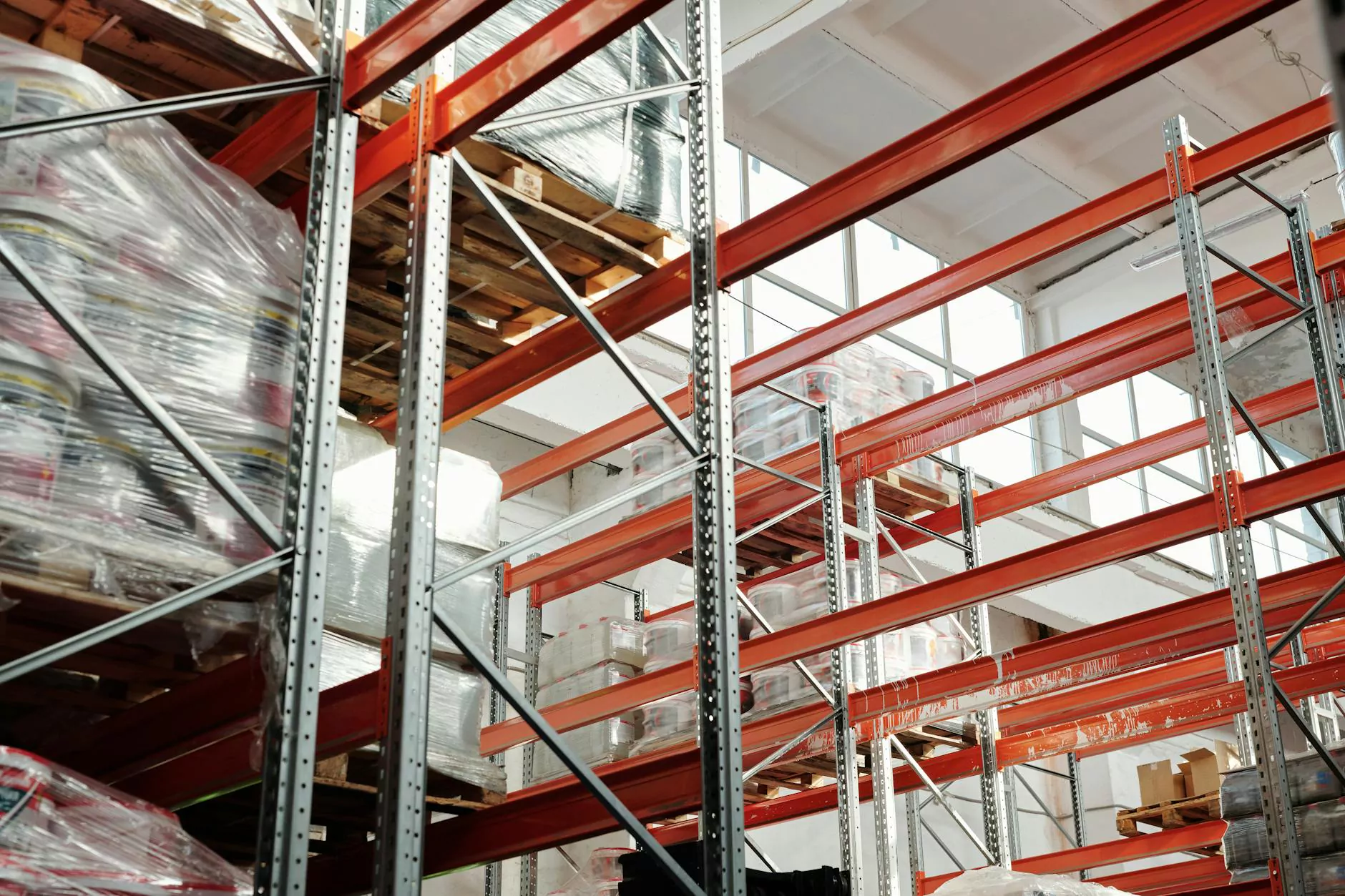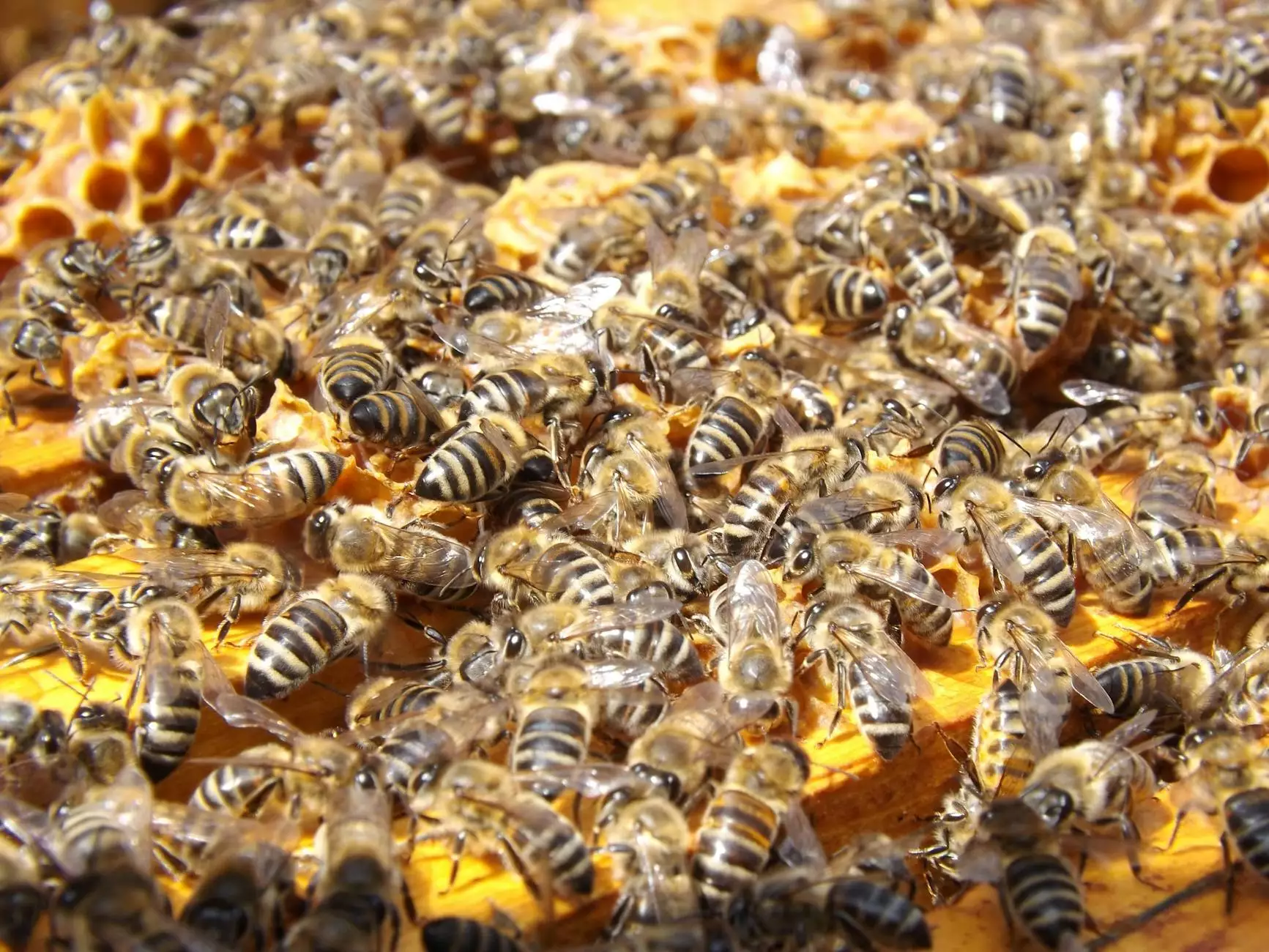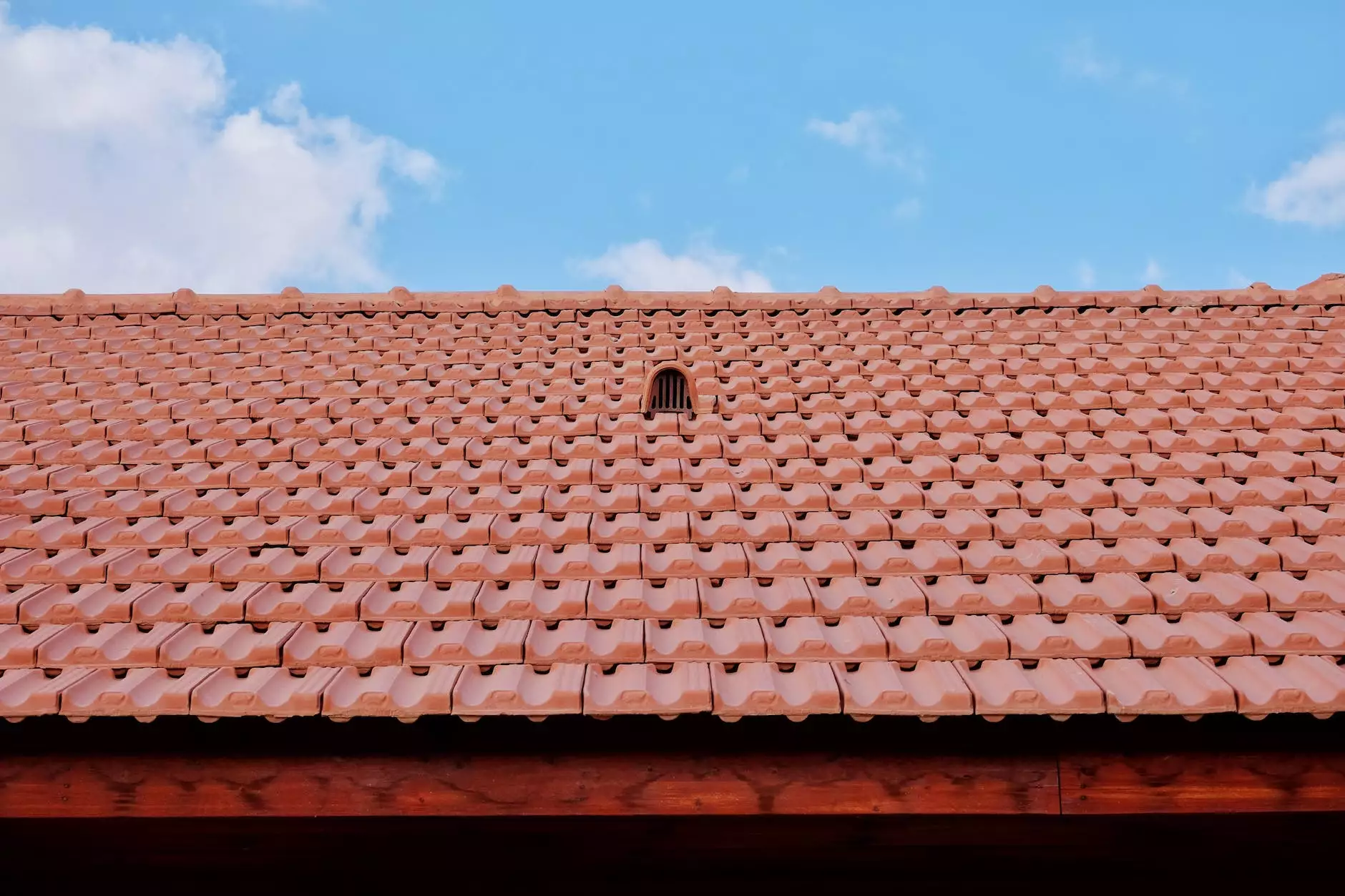Rafters vs Trusses: What Are The Pros and Cons of Each?

Introduction to Rafters and Trusses
When it comes to constructing roofs, two common options to choose from are rafters and trusses. Both rafters and trusses play a crucial role in providing structural support and stability to a building. In this article, we will dive deep into the pros and cons of each option, helping you make an informed decision for your construction project.
Understanding Rafters
Rafters are traditional roof framing elements that have been used for centuries. They consist of sloping beams that extend from the ridge board to the eaves, providing support for the roof covering. Rafters are typically made from solid wood and offer various benefits.
Pros of Using Rafters:
- Design Flexibility: Rafters allow for greater design flexibility, as they can be easily modified on-site to accommodate different roof shapes and sizes.
- Cost-Effective: Rafters tend to be more cost-effective compared to trusses, especially for smaller construction projects.
- Easy Installation: The installation process for rafters is relatively straightforward, making it a popular choice for contractors.
- Accessible Attic Space: Rafters create a traditional attic space, providing easy access for storage or future renovations.
Cons of Using Rafters:
- Limited Span: Rafters are limited in span length, which may require additional support columns or load-bearing walls for larger structures.
- Time-Consuming: Creating and installing rafters can be more time-consuming compared to using pre-manufactured trusses.
- Less Optimal for Wide Open Spaces: Rafters may not be the best choice for wide open spaces, as they require additional load-bearing structures to support the roof.
Exploring Trusses
Trusses are engineered roof framing systems consisting of interconnected triangles. They are pre-manufactured and designed to provide maximum structural efficiency while minimizing material usage. Trusses offer several advantages over rafters.
Pros of Using Trusses:
- Structural Strength: Trusses provide exceptional structural strength, making them ideal for larger spans and open spaces.
- Cost-Effective for Larger Projects: While trusses may require a higher upfront investment, they can be more cost-effective for larger construction projects due to their efficient design and reduced labor requirements.
- Quick Installation: Trusses are pre-assembled off-site, allowing for faster installation and shorter construction timelines.
- Flexible Design Options: Trusses can accommodate a wide range of roof designs and offer flexibility in terms of load distribution.
Cons of Using Trusses:
- Less Attic Space: Trusses often create a space that is more confined compared to rafters, limiting the usable attic space.
- Limited Modifications: Once installed, trusses are not easily adjustable or modified, requiring careful planning during the initial design phase.
- Higher Costs for Smaller Projects: For smaller construction projects, trusses may have a higher overall cost compared to rafters.
Determining the Right Choice for You
When deciding between rafters and trusses, it is important to consider various factors such as the size and scope of the construction project, budget constraints, design requirements, and personal preferences.
If you require design flexibility, cost-effectiveness for smaller projects, and easily accessible attic space, rafters may be the ideal choice. On the other hand, if you need structural strength, quick installation, and versatility for larger spans, trusses are worth considering.
At Bio-One Atlanta, a trusted provider of professional cleaning services in the Business and Consumer Services industry, we understand the importance of choosing the right construction methods for a successful project. Whatever your decision may be, our team of experts is here to ensure your project's cleanliness and safety throughout the construction process.
For more information on rafters, trusses, or our comprehensive cleaning services, contact Bio-One Atlanta today!









